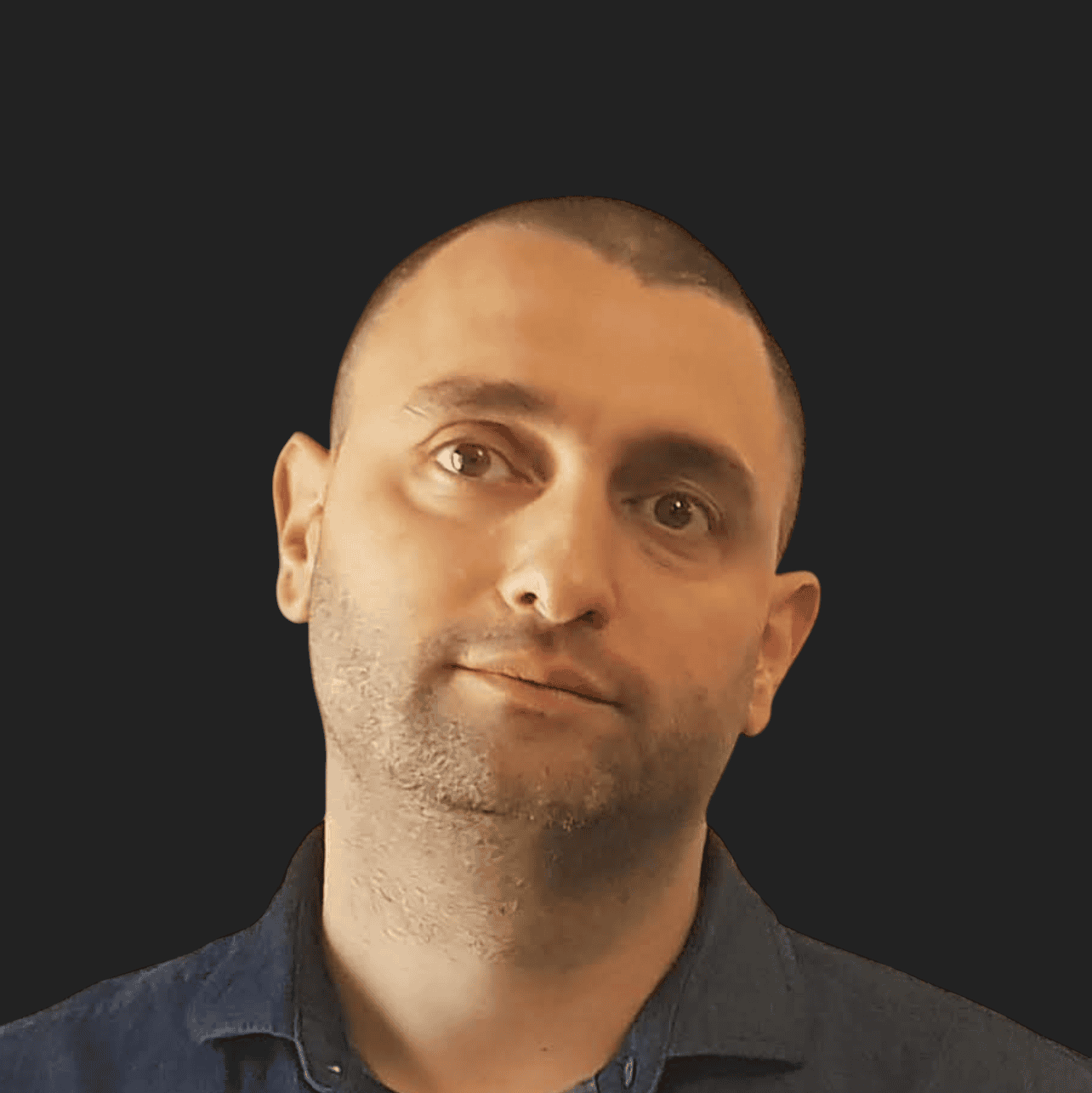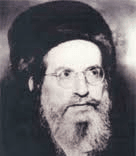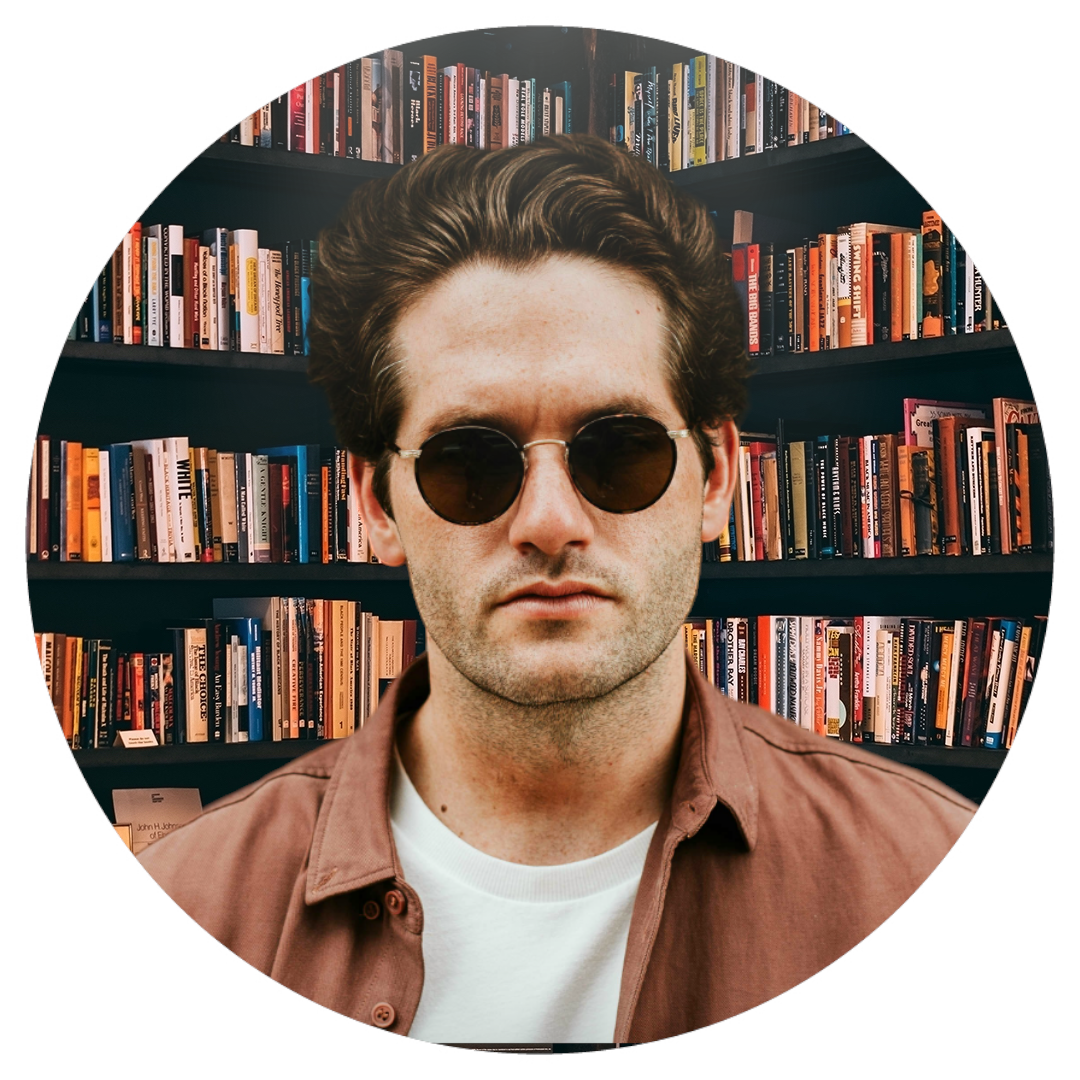The Wisdom of Kabbalah
Discover the True Purpose of Life

The Wisdom of Kabbalah
Discover the True Purpose of Life
The Creator & Us


The Creator & Us
The Wisdom of Kabbalah
Discover The True Purpose of Life
Explore deep answers to life's greatest mysteries find clarity, direction, and purpose in our online fundamentals course
Fundamentals Course Key Topics Uncovered:

The Creator & Us
The Wisdom of Kabbalah
Discover the True Purpose of Life
Explore deep answers to life's mysteries and find clarity and purpose in our Kabbalah Course Live Broadcast.
Purpose of Life
The question of life’s purpose follows each of us:
Why are we here, and what meaning lies behind our efforts?
People wrestle with this question every day, building families and working hard, yet still often feeling unfulfilled.
According to the wisdom of Kabbalah, true satisfaction is achieved when we transcend self-love and begin to experience lasting, deep fulfillment that goes beyond the fleeting pleasures of the material world.
Perception of Reality
According to Kabbalah, the world we perceive Is actually an inner reflection of ourselves.
For example, vision gives us the sense of an external world, but all that we see is truly experienced within us. This “external world” is like an inner laboratory, allowing us to reflect, analyze, and work on ourselves.
Ultimately, everything we perceive is a manifestation of our inner reality, projected outwardly, while the only true presence outside of us is the Creator, who fills everything with light.
Understanding the Conflict in Creation
Creation presents us with two opposing perspectives:
on one hand, an intricate, harmonious order, full of beauty and complexity – from galaxies and nature to the delicate balance of life itself.
On the other hand, human life feels chaotic, marked by injustice and uncertainty, where sometimes the unrighteous prosper while the righteous struggle.
How is it possible that humanity, the pinnacle of creation, experiences such deep confusion and lack of fulfillment?
Kabbalah teaches that this confusion encourages us to look within and transform ourselves, aligning with the ultimate purpose of creation.
Freedom of Choice
The concept of freedom is often misunderstood.
We believe we have control, but every choice We make is motivated by pleasure-seeking or pain-avoidance.
From birth, our actions are dictated by these desires, and we move through life like “puppets on strings,” responding only to personal benefit.
True freedom, Kabbalah reveals, begins when we recognize that everything is governed by the Creator.
Real choice comes when we choose to connect with the Creator beyond the desire for immediate satisfaction, recognizing that He is the ultimate force in reality.
Purpose of Life
The question of life’s purpose follows each of us:
Why are we here, and what meaning lies behind our efforts?
People wrestle with this question every day, building families and working hard, yet still often feeling unfulfilled.
According to the wisdom of Kabbalah, true satisfaction is achieved when we transcend self-love and begin to experience lasting, deep fulfillment that goes beyond the fleeting pleasures of the material world.
Perception of Reality
According to Kabbalah, the world we perceive Is actually an inner reflection of ourselves.
For example, vision gives us the sense of an external world, but all that we see is truly experienced within us. This “external world” is like an inner laboratory, allowing us to reflect, analyze, and work on ourselves.
Ultimately, everything we perceive is a manifestation of our inner reality, projected outwardly, while the only true presence outside of us is the Creator, who fills everything with light.
Understanding the Conflict in Creation
Creation presents us with two opposing perspectives:
on one hand, an intricate, harmonious order, full of beauty and complexity – from galaxies and nature to the delicate balance of life itself.
On the other hand, human life feels chaotic, marked by injustice and uncertainty, where sometimes the unrighteous prosper while the righteous struggle.
How is it possible that humanity, the pinnacle of creation, experiences such deep confusion and lack of fulfillment?
Kabbalah teaches that this confusion encourages us to look within and transform ourselves, aligning with the ultimate purpose of creation.
Freedom of Choice
The concept of freedom is often misunderstood.
We believe we have control, but every choice We make is motivated by pleasure-seeking or pain-avoidance.
From birth, our actions are dictated by these desires, and we move through life like “puppets on strings,” responding only to personal benefit.
True freedom, Kabbalah reveals, begins when we recognize that everything is governed by the Creator.
Real choice comes when we choose to connect with the Creator beyond the desire for immediate satisfaction, recognizing that He is the ultimate force in reality.
Who am I? A glimpse into my personal journey
I’m an Israeli Jew who recently moved to North America with my family. I’m married, with four kids and a dog. While I’m not religious. I began studying Kabbalah at 21, and shortly after, started teaching, leading groups, and mentoring hundreds of students. About five years ago, I embarked on an independent path, feeling the need for a deeper, more authentic approach.
Now, I am here in North America, believing that only from here can the Wisdom of Kabbalah and awareness of the Creator truly be shared globally. My teachings are based on ancient Kabbalistic sources, especially those of Baal HaSulam.

Guide
The source that shaped the fundamentals course
Rabbi Yehuda Leib HaLevi Ashlag, known as “Baal HaSulam”.
Is regarded as an exceptionally rare spiritual soul. Believed to come into the world only once in ten generations. He dedicated his life to guiding future generations, especially “the last generation,” known for its intense self-centeredness.
Despite his spiritual greatness and profound teachings, Baal HaSulam remained unrecognized during his lifetime, living in poverty and isolation. His work, particularly his commentary on the holy book of the Zohar, was appreciated only after his passing and remains a cornerstone of Kabbalistic wisdom.

Origin
Who am I? A glimpse into my personal journey
I’m an Israeli Jew who recently moved to North America with my family. I’m married, with four kids and a dog. While I’m not religious. I began studying Kabbalah at 21, and shortly after, started teaching, leading groups, and mentoring hundreds of students. About five years ago, I embarked on an independent path, feeling the need for a deeper, more authentic approach.
Now, I am here in North America, believing that only from here can the Wisdom of Kabbalah and awareness of the Creator truly be shared globally. My teachings are based on ancient Kabbalistic sources, especially those of Baal HaSulam.

Guide
The source that shaped the fundamentals course
Rabbi Yehuda Leib HaLevi Ashlag, known as “Baal HaSulam”.
Is regarded as an exceptionally rare spiritual soul. Believed to come into the world only once in ten generations. He dedicated his life to guiding future generations, especially “the last generation,” known for its intense self-centeredness.
Despite his spiritual greatness and profound teachings, Baal HaSulam remained unrecognized during his lifetime, living in poverty and isolation. His work, particularly his commentary on the holy book of the Zohar, was appreciated only after his passing and remains a cornerstone of Kabbalistic wisdom.

Origin
Need Some Clarity? Let's Break It Down Together
Is Kabbalah related to other religions?
Kabbalah is an ancient and central wisdom that served as the foundation from which many major religions drew inspiration.
Other religions didn’t “invent” Kabbalah;
Rather, Kabbalah is the root wisdom, and from it, various religions emerged, each with unique interpretations and characteristics.
How can such a deep and complex teaching be accessible to a broad audience?
Kabbalah is meant for everyone, as it is natural and straightforward, intended for anyone who questions life’s purpose.
Any person, regardless of background or belief, can understand it and find value in it because it deals with human nature and our connection to the Creator.
Understanding Kabbalah is not about complexity but about inner connection, which is available to everyone.
Why do many perceive Kabbalah as mysticism or a commercial product?
Over the years, Kabbalah has been associated with external symbols like red strings and amulets, but these do not reflect its true spiritual essence.
Authentic Kabbalah focuses on inner transformation and understanding human nature, rather than relying on external objects.
The perception of Kabbalah as “mysticism” arises from people’s natural tendency to seek connection through tangible symbols, while its true essence lies in inner spiritual work.
How does Kabbalah view people from different backgrounds, religions, and genders?
Kabbalah sees every person as part of creation, with a spiritual role, regardless of gender, race, religion, or sexual orientation.
Anyone searching for meaning and questioning life’s purpose can find answers in Kabbalah.
This inner “question,” a search for a higher purpose, is what draws a person to study Kabbalah.
How can this wisdom be taken seriously when it’s associated with a variety of celebrities?
Using celebrities to promote Kabbalah is a means of outreach. The wisdom itself does not belong to celebrities, nor depends on them.
—it belongs to humanity as a whole.
The purpose of Kabbalah is to make spiritual teachings accessible to everyone, and through well-known figures, the message can reach broader audiences.
However, the essence of Kabbalah remains deep and authentic.
Need Some Clarity? Let's Break It Down Together
Is Kabbalah related to other religions?
Kabbalah is an ancient and central wisdom that served as the foundation from which many major religions drew inspiration.
Other religions didn’t “invent” Kabbalah;
Rather, Kabbalah is the root wisdom, and from it, various religions emerged, each with unique interpretations and characteristics.
How can such a deep and complex teaching be accessible to a broad audience?
Kabbalah is meant for everyone, as it is natural and straightforward, intended for anyone who questions life’s purpose.
Any person, regardless of background or belief, can understand it and find value in it because it deals with human nature and our connection to the Creator.
Understanding Kabbalah is not about complexity but about inner connection, which is available to everyone.
Why do many perceive Kabbalah as mysticism or a commercial product?
Over the years, Kabbalah has been associated with external symbols like red strings and amulets, but these do not reflect its true spiritual essence.
Authentic Kabbalah focuses on inner transformation and understanding human nature, rather than relying on external objects.
The perception of Kabbalah as “mysticism” arises from people’s natural tendency to seek connection through tangible symbols, while its true essence lies in inner spiritual work.
How does Kabbalah view people from different backgrounds, religions, and genders?
Kabbalah sees every person as part of creation, with a spiritual role, regardless of gender, race, religion, or sexual orientation.
Anyone searching for meaning and questioning life’s purpose can find answers in Kabbalah.
This inner “question,” a search for a higher purpose, is what draws a person to study Kabbalah.
How can this wisdom be taken seriously when it’s associated with a variety of celebrities?
Using celebrities to promote Kabbalah is a means of outreach. The wisdom itself does not belong to celebrities, nor depends on them.
—it belongs to humanity as a whole.
The purpose of Kabbalah is to make spiritual teachings accessible to everyone, and through well-known figures, the message can reach broader audiences.
However, the essence of Kabbalah remains deep and authentic.
Unfiltered Experiences & Feedback
This course completely changed the way I see life! I finally understand who I am and what my purpose is. Truly eye-opening!

I never thought I’d find something that resonates so deeply. Every session was filled with powerful insights that answered questions I didn’t even know I had!

If you're searching for clarity about life, this course is a must. I’ve learned more about myself in these 10 sessions than I have in years of searching elsewhere.

I was skeptical at first, but wow—this course is exactly what I needed. It’s not just theory, it’s a real transformation. Highly recommended!

I can’t thank you enough for this experience! I feel like I finally have a direction and real understanding of my spiritual journey.

This course blew my mind. It connected all the dots and helped me see the bigger picture of life in a way I never imagined.

I came in with so many questions and left with so many answers! The teachings here are beyond anything I’ve encountered before. Life-changing!

Gain deep clarity about your life's mission and the spiritual forces shaping your reality
Discover how Kabbalistic principles can help you attract fulfillment, abundance, and inner peace
Learn how to decode life’s obstacles and use them as stepping stones for spiritual and material advancement
If you have any questions, feel free to contact us via email






